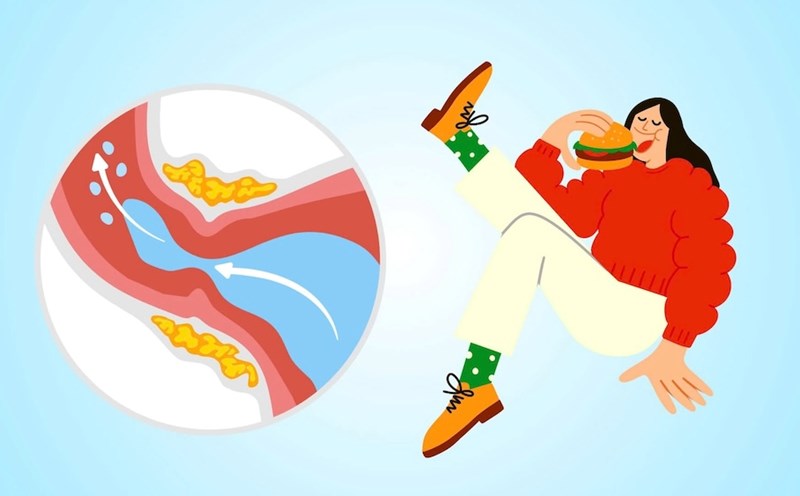When uric acid increases, what will the body do?
Uric acid forms when the body breaks down purines, a substance found in foods rich in protein. When excretion is poor, uric acid accumulates in the blood, causing increased uric acid in the blood. This is the cause of gout, a form of arthritis that causes severe pain when uric acid crystals stick to the joints.
According to the US National kidney Fund, controlling uric acid levels is also very important to prevent kidney stones, because crystals are easily converted in the urine. In addition to genetic factors, diet is the main cause of this condition.
A diet rich in purines and refined sugar increases the risk of gout, says Dr Eric Matteson, a low- state expert at the Mayo Clinic, USA. In contrast, cutting back on this food group can prevent disease progression.
7 foods to avoid to protect your health
Nutritionists recommend that people with high uric acid levels should especially limit the following seven food groups:
Red meat (beef, Lamb, pork): contains a lot of purines, which easily increases the risk of gout. replace with chicken or plant protein.
Animal organs (liver, kidney, spleen): rich in nutrients but containing a very large amount of purines, which is the "enemy" of gout patients.
Some types of seafood such as anchovies, sardines, mackerel, shrimp and crabs. According to Harvard Health, salmon and cod are safer options.
Sugary drinks, especially soda, bottled fruit juices contain high-fructose corn syrup. Fructose is the only carbohydrate that increases uric acid production.
Alcohol: beer and strong alcohol are both harmful. Research on Clinica Chimica Acta shows that alcohol reduces the kidneys' ability to excrete uric acid.
Processed foods: fast food, canned foods rich in bad fats and refined sugar, easily cause metabolic disorders.
High-fat milk: whole milk, cream and some cheeses are high in purines. It is better to choose low-fat milk or almond milk, soy milk.
Solutions to control uric acid
Controlling uric acid is not simply a strict diet. Drinking plenty of water, maintaining a reasonable weight, exercising regularly and eating plenty of green vegetables, fruits, and whole grains will help improve this condition.
Dr Sarah Brewer, a nutritionist at the University of Cambridge, recommends: Patients should adopt a balanced diet with lots of plant foods, limit animal purines and supplement vitamin C to effectively reduce uric acid levels.
A scientific diet not only helps reduce the risk of gout and kidney stones but also improves overall health. The important thing is to maintain a healthy lifestyle, not abusing alcohol, sweets or processed foods.









